Articles
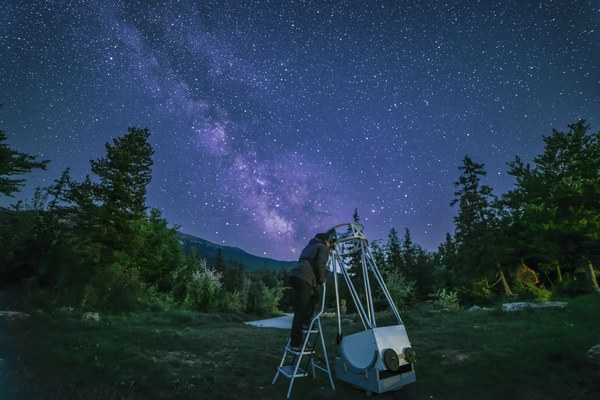
Keeping our eyes on the stars
Dark nights have become a rarity in our bright world. Artificial light from settlements, industry, street lighting and billboards illuminates the night sky. In Austria, a new natural night sky area is being created that will preserve the view of the starry sky.

Climate risks: better to prepare than to wait
Early warning systems for heavy rainfall, prediction models for droughts: the MultiBios project, completed in April 2025, saw biosphere parks from German-speaking countries sharing their experiences in dealing with climate risks. A research team investigated their role in natural hazard management.
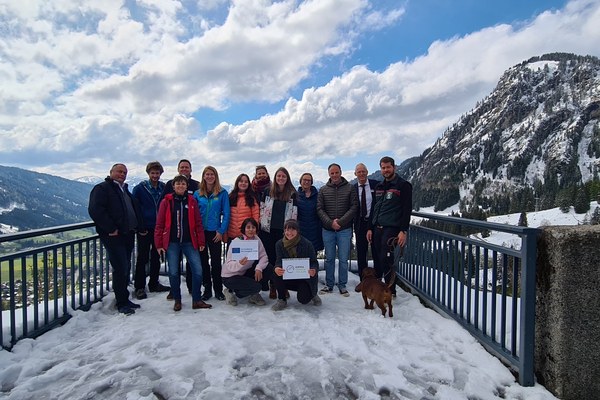
A delegation from Chartreuse visits Bad Hindelang to discuss mobility in Alpine areas
As part of the European ERASMUS+ project "DINAMO - Developing International Nature Adapted Mobility Options", CIPRA Germany and CIPRA France organised exchange study visits between two pilot territories : the Chartreuse massif in France (represented by the regional natural park and the local authority "Coeur de Chartreuse") and the municipality of Bad Hindelang in Germany.
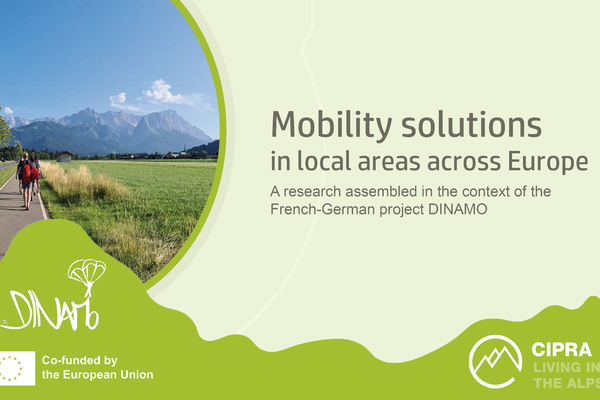
DINAMO Erasmus+ project: a new white paper on mountain mobility
The "DINAMO" project aims to address the challenges of rural mountain mobility by encouraging cooperation between different stakeholders and stimulating creative processes through international exchanges. The main objective is to promote sustainable mobility solutions in rural mountain areas, to help them become less dependent on individual car transport.
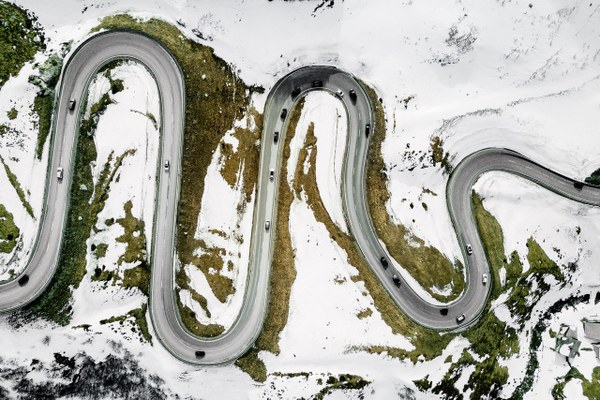
Learning about Alpine cross-mobility in the DINAMO Erasmus+ project webinars
As part of the European ERASMUS+ project "DINAMO - Developing International Nature Adapted Mobility Options", CIPRA Germany and CIPRA France organised two webinars on the topic of cross-border mobility and Alpine mobility strategies in June and July 2024.
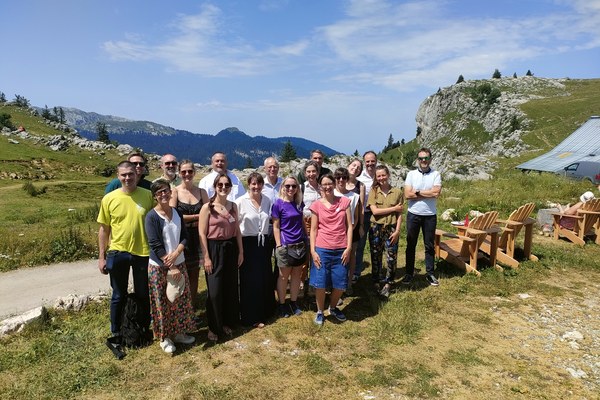
DINAMO Erasmus+ project: the return trip from Bad Hindelang to Chartreuse
As part of the European ERASMUS+ project "DINAMO - Developing International Nature Adapted Mobility Options", CIPRA Germany and CIPRA France organised exchange study visits between two pilot territories : the Chartreuse massif in France (represented by the regional natural park and the local authority "Coeur de Chartreuse") and the municipality of Bad Hindelang in Germany.
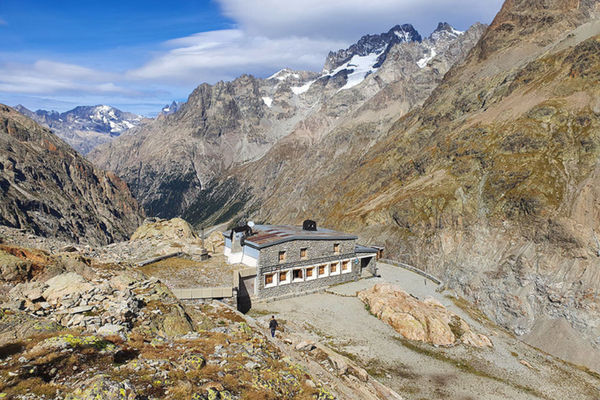
Alpine huts: the first victims of the climate crisis?
Water shortages, disintegrating mountains and renovation needs: managing Alpine huts has always been difficult, but the climate crisis is making the situation even worse. The Austrian Alpine Association has already issued an “Emergency call from the Alps”.
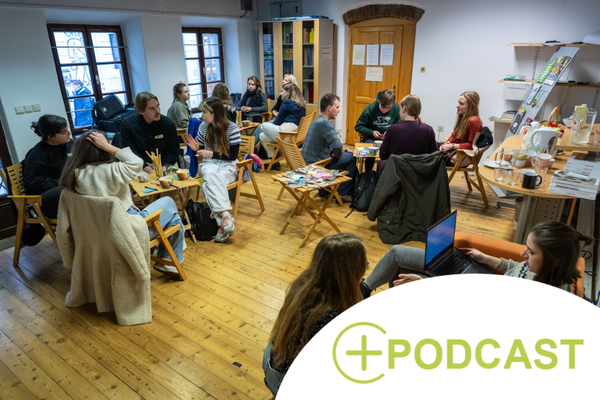
Young people’s demands for a good life in the Alps
Environmental protection, car-free mobility and better work-life balance: these were the political demands of young people from Germany, France, Slovenia and Liechtenstein at the end of the CIPRA “Alpine Compass” project.
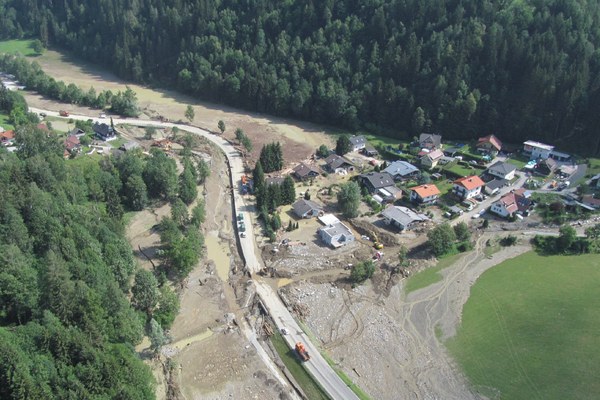
After the flood
What role could biosphere reserves play in dealing with climate risks? This was the subject of an international workshop organised by the MultiBios project in Bad Kleinkirchheim/A at the beginning of April 2024, which included a site visit to the Gegendtal valley that was affected by heavy rainfall and flooding two years ago.
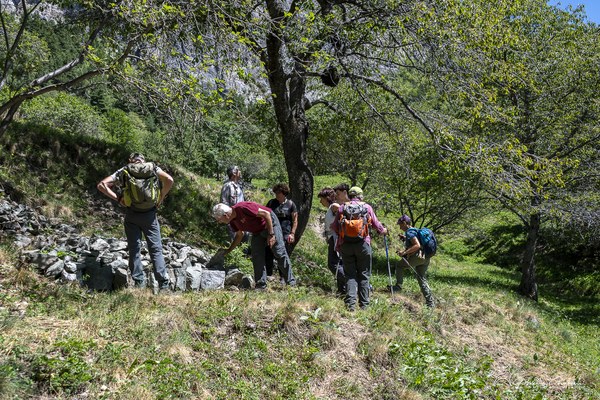
Natural diversity through stones
What do the large woolly bee, the protected fire-bellied toad, the busy ant and the white stonecrop have in common? They all feel right at home in and around cairns, which CIPRA’s “StoneRich” project is creating in seven pilot regions.
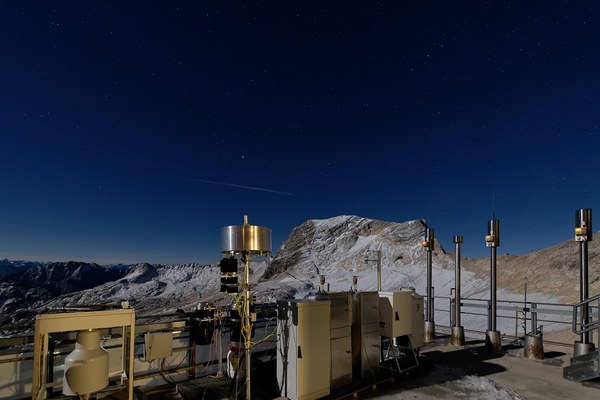
Extreme weather at a glance across the Alps
At the end of November, a new Alpine-wide research centre presented itself to the public at the Schneefernerhaus, the German environmental research station below the Zugspitze peak: the “TUM Alpha – Centre for Alpine Hazards and Risks” will coordinate, on an international basis, the prediction of extreme climate events in the mountains.
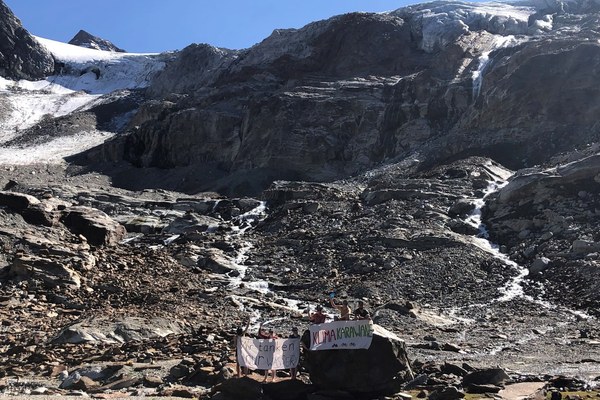
Cycling to the glacier
Exactly how mountaineering and climate protection can be combined was shown by a group of cyclists who biked from Lindau/D to the Ochsental Glacier/A at the start of September 2023. Topics along the way ranged from sustainable tourism to hydropower and nature conservation to glacier loss.
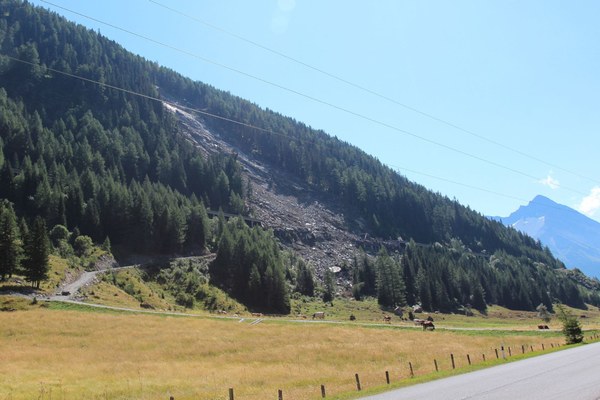
Managing climate risks in biosphere reserves
As an effect of climate change, droughts, floods and other natural hazards are becoming more frequent, sometimes even simultaneously. How can we as a society learn to cope with this and become more resilient in the process? What role can biosphere reserves play in the Alpine region and beyond? With CIPRA participation, a new research project is now looking into these questions.
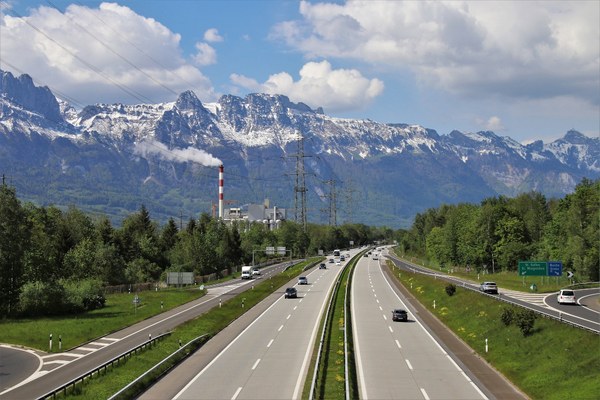
Hidden CO2 emitters
Climate protection measures are expensive, which is why they are regularly criticised and rejected. How then can it be that at the same time the Alpine states are spending billions on environmentally harmful subsidies?
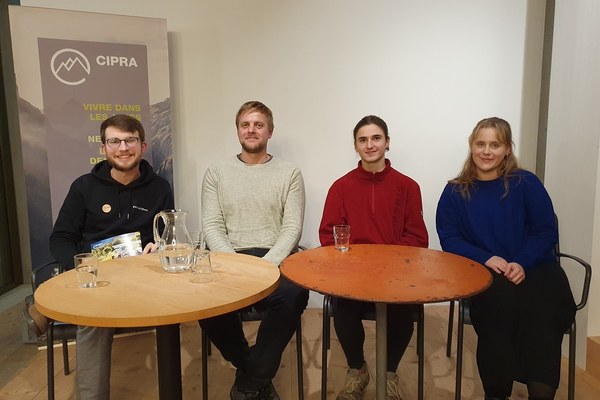
A stronger voice for young people
Young people want to bring about sustainable change, but politics and society are moving too slowly. At the launch of CIPRA International’s Erasmus+ project “Alpine Climate Camps”, young adults discussed their commitment to a sustainable world in Schaan/LI in January 2023.
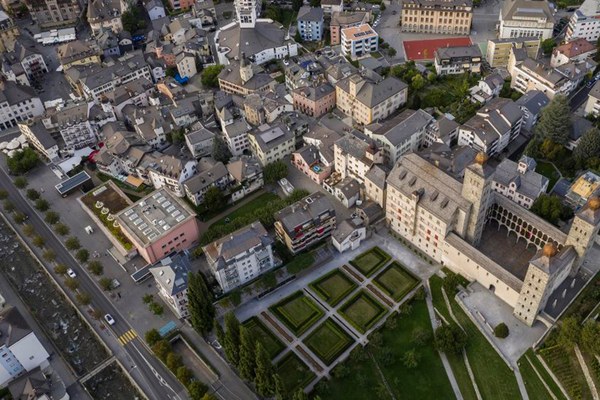
Alpine towns – key to sustainable development
The ninth Report on the State of the Alps, entitled “Alpine Towns”, was presented as part of the Swiss presidency of the Alpine Convention. It sheds light on how the Alpine settlement system hinders – or helps – the sustainable development of the Alps.
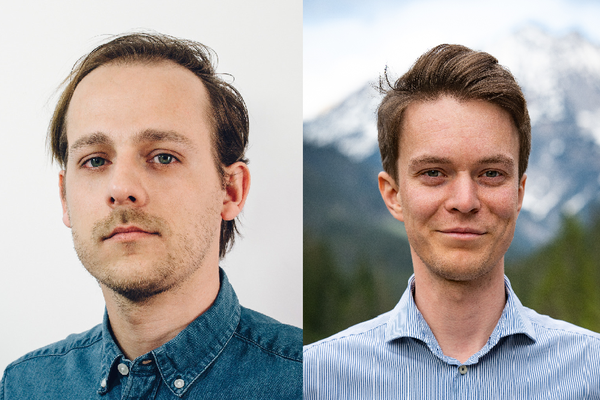
Point of view: Let’s create an “Alpine Plan” for all Alpine regions!
The Bavarian Alpine Plan celebrates its 50th anniversary in 2022. Alpine spatial planning has proven here that it is predestined to find solutions to the pressing issues of the day. Similar planning instruments are lacking in many Alpine regions, although we need them more urgently than ever, claim Paul Kuncio, Executive Director of CIPRA Austria, and Uwe Roth, Executive Director of CIPRA Germany.

Do you speak Alps?
A different dialect in every community: the linguistic diversity of the Alps is fascinating and constantly changing, which also makes it interesting for linguists. Using modern methods such as crowdsourcing, a research project is collecting dialect words across the Alps for a digital, living lexicon.
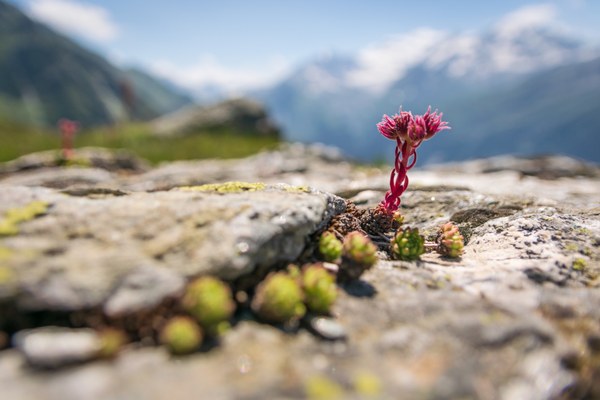
Under the magnifying glass
What treasures and resources are hidden in the Alps? How do we deal with them as sustainably as possible? These and similar questions are posed in the August 2021 issue of SzeneAlpen.
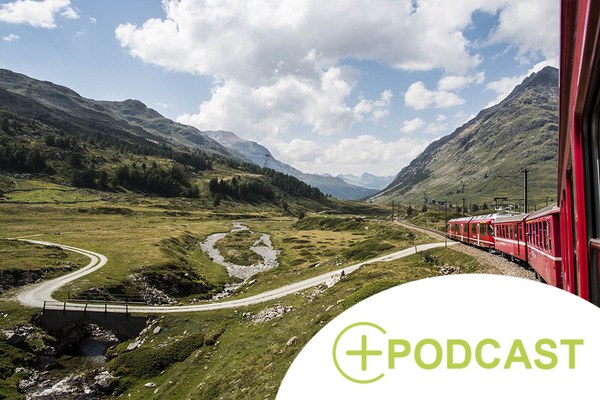
Mobile in the Alps
By rail, by road, by mountain path: numerous CIPRA projects show just how diverse sustainable mobility can be.
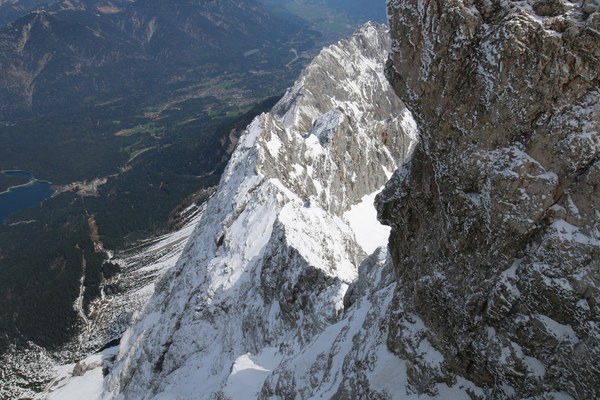
Climate crisis makes mountains crumble
Rockfalls and rockslides are nothing new in the Alps, but dwindling permafrost is making the situation even worse – for mountaineering and for villages.
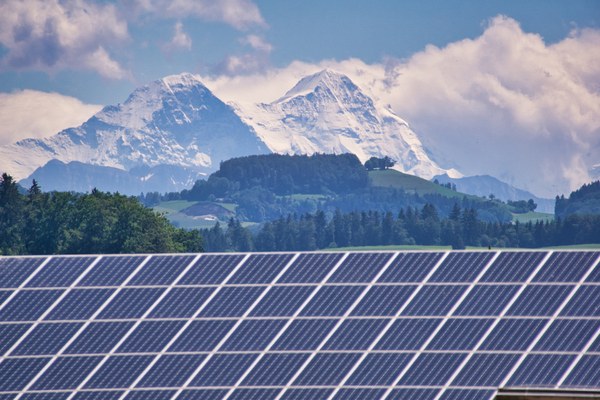
CO2 legislation: more courage needed
While the new CO2 law in Switzerland has for the time being failed, a climate protection alliance is forming in Bavaria; Austria is discussing a climate protection law; and in France the Climate Council is taking courageous decisions.
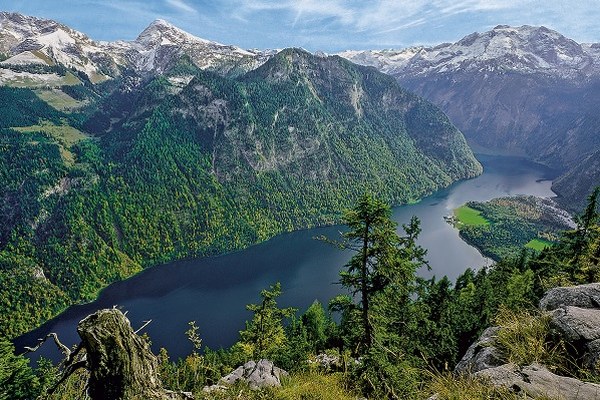
Monitoring Alpine biodiversity
Photo traps, audio recorders, soil samples: a unique research project in the Alps documents the effects of the climate crisis on biodiversity in the Berchtesgaden National Park/D. The findings will also benefit other mountain regions.
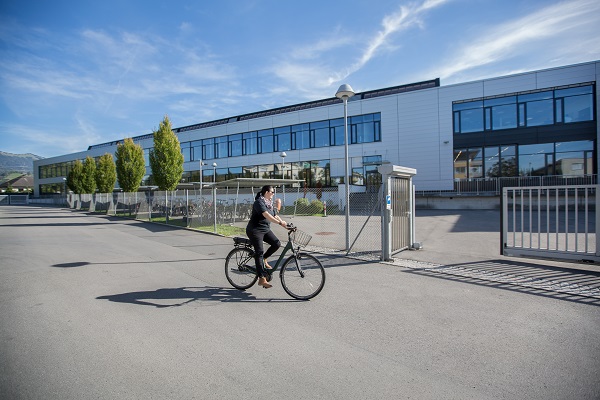
Fit for work
Change to bus, train, bike or e-bike: pilot companies in the Alpenrhein-Bodensee-Hochrhein region are testing healthy ways to work in the three-year Interreg project Amigo.
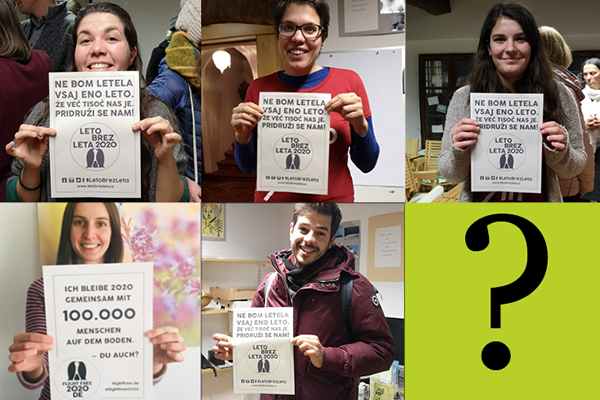
"We Stay on the Ground"
Explore the Alps by train: For the "Youth Alpine Interrail" participants, flight-free travel is a varied adventure.
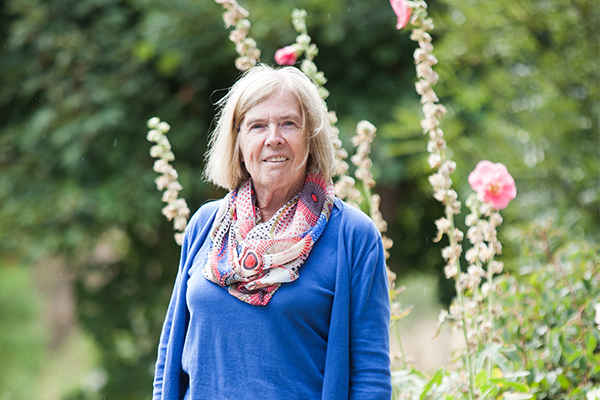
Venturing into the unknown
In her report Christine Eben would write: ‘Once again we formed mixed groups, in terms of both age and nationality, just as we had in our previous workshops that had proved so successful. As it’s all about future developments, exchanging ideas with young people is all the more important.’
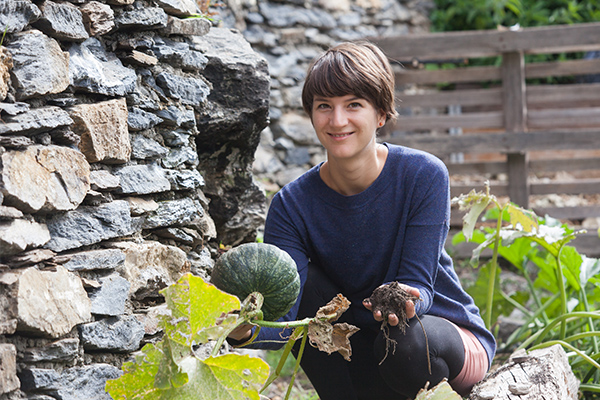
Inspiration with heart and mind
Sometimes inspiration comes to Franziska Kunze right in the middle of her day. As it did recently when she was at the market and spotted a pig’s heart in the butcher’s window. She knew there and then she’d buy the heart, even though she didn’t yet know how she was going to prepare it.
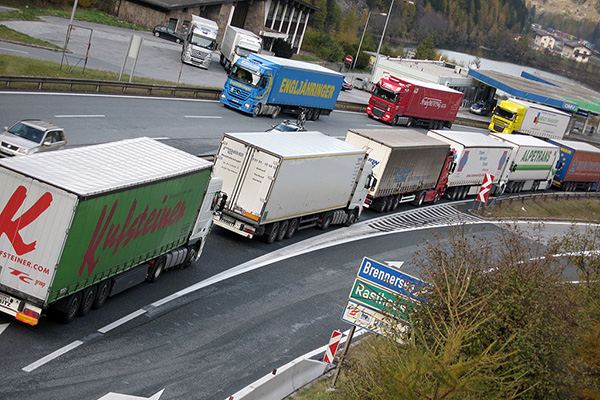
The Brenner Pass: transit trouble
The year 2017 saw record numbers of trucks crossing the Brenner Pass. Now there is an opportunity to find a solution to the problem.
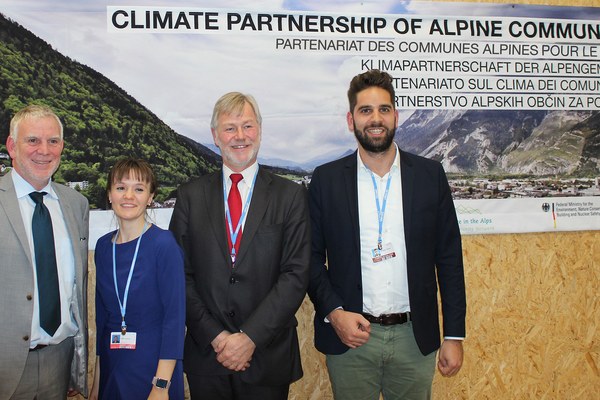
The Alps as the focus of climate policy
Temperatures in the Alps are rising faster than the global average. The search for solutions is not limited to the World Climate Conference being held in Bonn, Germany.

Going further, together
There is an African saying that goes: “If you want to go quickly, go alone. If you want to go far, go with others.” And the trail to sustainable development in the Alps and to preserving the alpine natural environment, its habitat and its economic area is a very long one indeed. It is one the Alliance in the Alps network of municipalities and CIPRA International have been trekking along together since 1997.